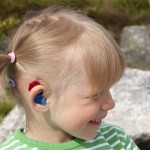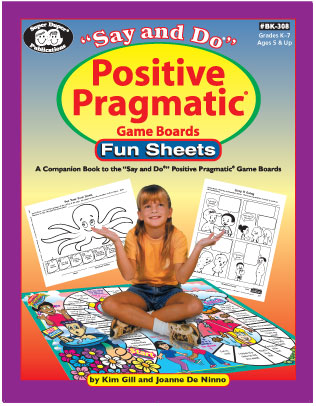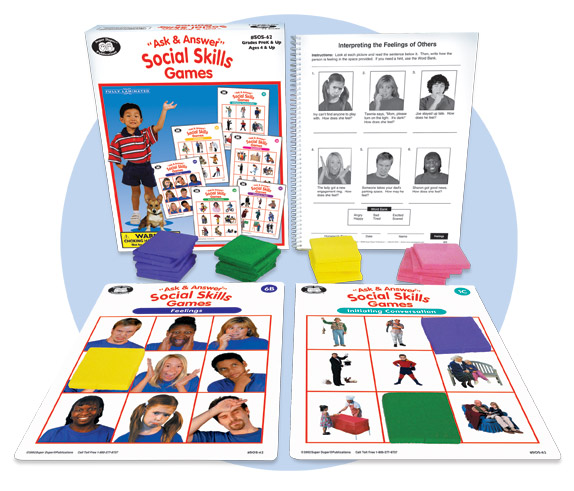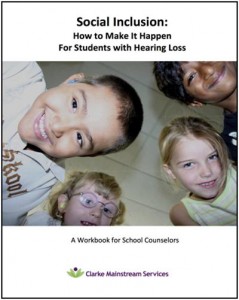Related Products
For Parents
Related Teacher Tools Takeout Items
Social Issues and Your Child
Improving Your Child’s Social Skills
 What are the rules you are supposed to follow in making a friend? What are you supposed to say, and what are you not supposed to say? What is a joke, and what is not? When are you supposed to talk, and when are you supposed to listen? When do you look at a person and when do you not? Should you tell what you know, and say what you are interested in, or should you keep it to yourself?
What are the rules you are supposed to follow in making a friend? What are you supposed to say, and what are you not supposed to say? What is a joke, and what is not? When are you supposed to talk, and when are you supposed to listen? When do you look at a person and when do you not? Should you tell what you know, and say what you are interested in, or should you keep it to yourself?
Social skills are typically learned by children with little effort starting at a young age. These skills are sh aped by children watching others and having other people react to their behavior. How we learn social skills is based on very subtle cues, such as facial expression, body posture and quiet auditory cues. Because of their smaller “listening bubbles” children with hearing loss do not pick up language and the subtle aspects of interactions going on around them as fully as their peers with typical hearing.
aped by children watching others and having other people react to their behavior. How we learn social skills is based on very subtle cues, such as facial expression, body posture and quiet auditory cues. Because of their smaller “listening bubbles” children with hearing loss do not pick up language and the subtle aspects of interactions going on around them as fully as their peers with typical hearing.
Research indicates that pragmatic information – or that language that supports social communication – is learned more slowly by children with hearing loss. Most 7-year-olds do not have the same skills as 4-year-olds with typical hearing. The table to the right is a list of the skills that are considered to be “building blocks” of social communication that are often areas of weakness for children with hearing loss to perform or to do as appropriately as other children their age without hearing loss.
These are all skills that families can demonstrate for children, have them repeat, and slowly shape appropriate use of this language.
Teaching language about emotions; calling attention to how others may feel
“It is so much harder for my son with hearing loss to fit in than it is for my other kids. He thinks he is being descriptive when he describes someone as fat, ugly, weird. I truly do not think he does it to be hurtful. He has to be reminded all the time that certain words and behaviors hurts people’s feelings.” In the same research study as above, it was found that children with hearing loss were also very delayed in developing the complex language to describe the following. By age 7, children with hearing loss had the language complexity to describe feelings similar to that of a 3-year-old. Families need to teach this information from a young age. As the quote above by the parent who was concerned about her son emphasizes, it is very important to reinforce appropriately identifying feelings or what other’s may be feeling as the child grows. There are free and inexpensive apps available on identifying emotions so your child can be entertained and also learning about feelings – his own and what other’s may feel.
In the same research study as above, it was found that children with hearing loss were also very delayed in developing the complex language to describe the following. By age 7, children with hearing loss had the language complexity to describe feelings similar to that of a 3-year-old. Families need to teach this information from a young age. As the quote above by the parent who was concerned about her son emphasizes, it is very important to reinforce appropriately identifying feelings or what other’s may be feeling as the child grows. There are free and inexpensive apps available on identifying emotions so your child can be entertained and also learning about feelings – his own and what other’s may feel.
- language to identify and explain feelings beyond ‘happy, sad, mad’
- what emotions look like on the face
- what facial expression and posture tells us about what others are feeling
How does your school-age child measure up to age expectations?
Minnesota Social Skills Checklist for Students who are Deaf or Hard of Hearing
How can you discuss feeling ‘different’ with your child?
 Harry Potter & Hearing Loss: A Whimsical Look at Similarities and Successes This article provides a new perspective on how ‘being different’ can be discussed with a child with hearing loss. It may be useful to refer to when identity issues and social acceptance concerns arise. Based on the much-loved and highly popular Harry Potter books and movies. Volta Voices, May/June, 2011.
Harry Potter & Hearing Loss: A Whimsical Look at Similarities and Successes This article provides a new perspective on how ‘being different’ can be discussed with a child with hearing loss. It may be useful to refer to when identity issues and social acceptance concerns arise. Based on the much-loved and highly popular Harry Potter books and movies. Volta Voices, May/June, 2011.
Deaf Friendly Games for a Children’s Party
This engaging infographic gives several tips and ideas for parents who are holding a children’s party where deaf children may be in attendance. The games suggested are inclusive, allowing all children to play together. (Thanks to Daisy from the UK!)
Tips to Improve your Child’s Social Skills
If families recognize the learning challenges their child may be facing they can hel p to develop skills to turn areas of potential weakness, into strength. One of the most important support a parent can provide is to help their child develop meaningful relationships with other children who have hearing loss and wear hearing devices. Knowing that they are not alone in their challenges and being able to talk and laugh with another child who also struggles to hear and understand goes a long way toward providing the child with healthy self-esteem and the resilience to respond to the questions and comments from people with typical hearing.
p to develop skills to turn areas of potential weakness, into strength. One of the most important support a parent can provide is to help their child develop meaningful relationships with other children who have hearing loss and wear hearing devices. Knowing that they are not alone in their challenges and being able to talk and laugh with another child who also struggles to hear and understand goes a long way toward providing the child with healthy self-esteem and the resilience to respond to the questions and comments from people with typical hearing.
Print version of this information
Social skills include:
- Responding to social cues
- Saying hello and goodbye

- Making eye contact, smiling, being polite
- Having interesting things to say
- Cooperating by taking turns
- Acknowledging other’s comments
- Responding appropriately to questions
- Being sensitive to the feelings of others
- Problem solving
- Controlling aggression and other inappropriate behaviors
- Knowing the rules of conversation
Rules of conversation are:
- Agree to pay attention to who is talking

- No one person does all the talking
- Participate in choosing and developing a topic
- Take turns in an orderly fashion
- Add information relevant to the topic (related to what you were talking about)
- Provide enough information to convey the message without being too ‘chatty’
Social cues are: Those things we understand from others without needing to be directly told about them.
- Facial expressions
- Gestures
- Postures
Parents of children with hearing loss often need to explain their facial expressions and how the communication partner’s mood will affect how someone answers or chooses not to answer.
Examples of sending social cues – think about how you use your body language to express:
“I’m really busy right now” “Wait just a second and I will pay attention to you” “I’m upset” “I’m happy to see you and spend time with you” TEACH – Explain what the child should do, be aware of, wait for, think about
TEACH – Explain what the child should do, be aware of, wait for, think about
Use ‘SELF-TALK’so the child is aware of what you are thinking that affects the choices you make
MODEL – Use good social skills yourself, role-play with your child, provide the words for what he’s feeling
PAY ATTENTION TO HOW YOUR CHILD INTERACTS WITH OTHERS
- Reinforce good social behaviors – be specific about what s/he did well! Praise level of EFFORT!
- When your child has a social mis-step:
- immediately model what s/he should have said/done
- use words to describe what s/he should have said/done (You mean….)
- explain how it made you feel (ignored, angry)
- describe how your child actions can be interpreted by others in a way he didn’t mean (i.e, by not answering someone may think you don’t care about them or what they say)
TIPS FOR IMPROVING SELF-ESTEEM
 Encouragement boosts self-esteem; it is better than praise (“I know you can do it”)
Encouragement boosts self-esteem; it is better than praise (“I know you can do it”)- Decision-making leads to feeling confident.
- Treat him as an intelligent individual able to understand and reach conclusions.
- Mutual respect will foster trust and confidence.
- Teach a child that failure doesn’t exist – only temporary setbacks on the road to success.
- Help him believe he has the ability to succeed no matter how long it takes.
- Do not tell him he has failed or cannot succeed.
Here you can create the content that will be used within the module.





